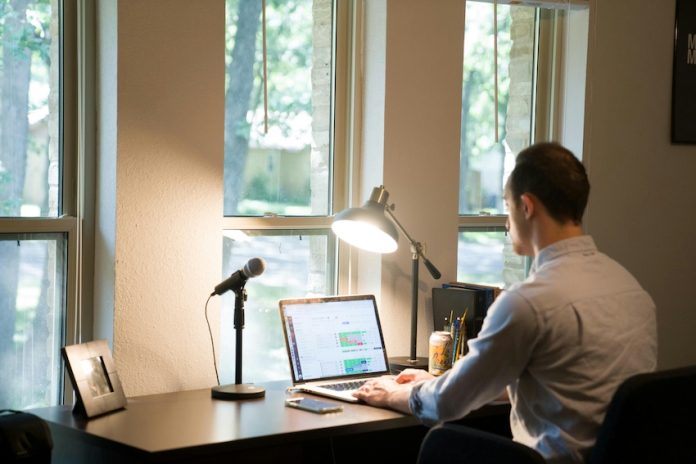Mexican employers now have to cover work-related costs incurred by their employees who spend more than 40% of their workweek working from home or another remote location.
They are also required to comply with a range of other work-from-home regulations, which were issued by the Labor Ministry in June and took effect on Tuesday.

To avoid falling foul of the so-called “home office law,” employers are required to:
- Pay a portion of their employees’ internet and electricity costs.
- Provide or pay for things that their workers need to work effectively at home, such as ergonomic chairs, desks and printers.
- Verify that the places their employees are working from are safe and adequately lit and ventilated.
- Respect the rights of people who work from home to join a union, participate in collective bargaining and have contact with colleagues based at the primary workplace.
- Establish adequate means of communication with employees.
- Respect standard work hours in compliance with employees’ “right to disconnect.”
- Establish special protections for employees who may be at risk of becoming victims of domestic violence.
- Respect nursing mothers’ right to take a break to feed their children or express milk.
Employers who fail to comply with the regulations face fines ranging from 25,935 pesos (US $1,500) to 518,700 pesos (US $30,000).
The new rules were developed last year by a team of government and business experts and members of labor unions before being sent to the government for evaluation and approval.

The Labor Ministry estimates that remote positions could save companies more than 86,000 pesos (almost US $5,000) per employee per year while also increasing quality of life for those working from home.
As occurred in much of the world, working from home in Mexico became more common during the coronavirus pandemic, and many companies continued to allow the practice for at least part of the workweek even after COVID-restrictions were eased.
With reports from El Universal
